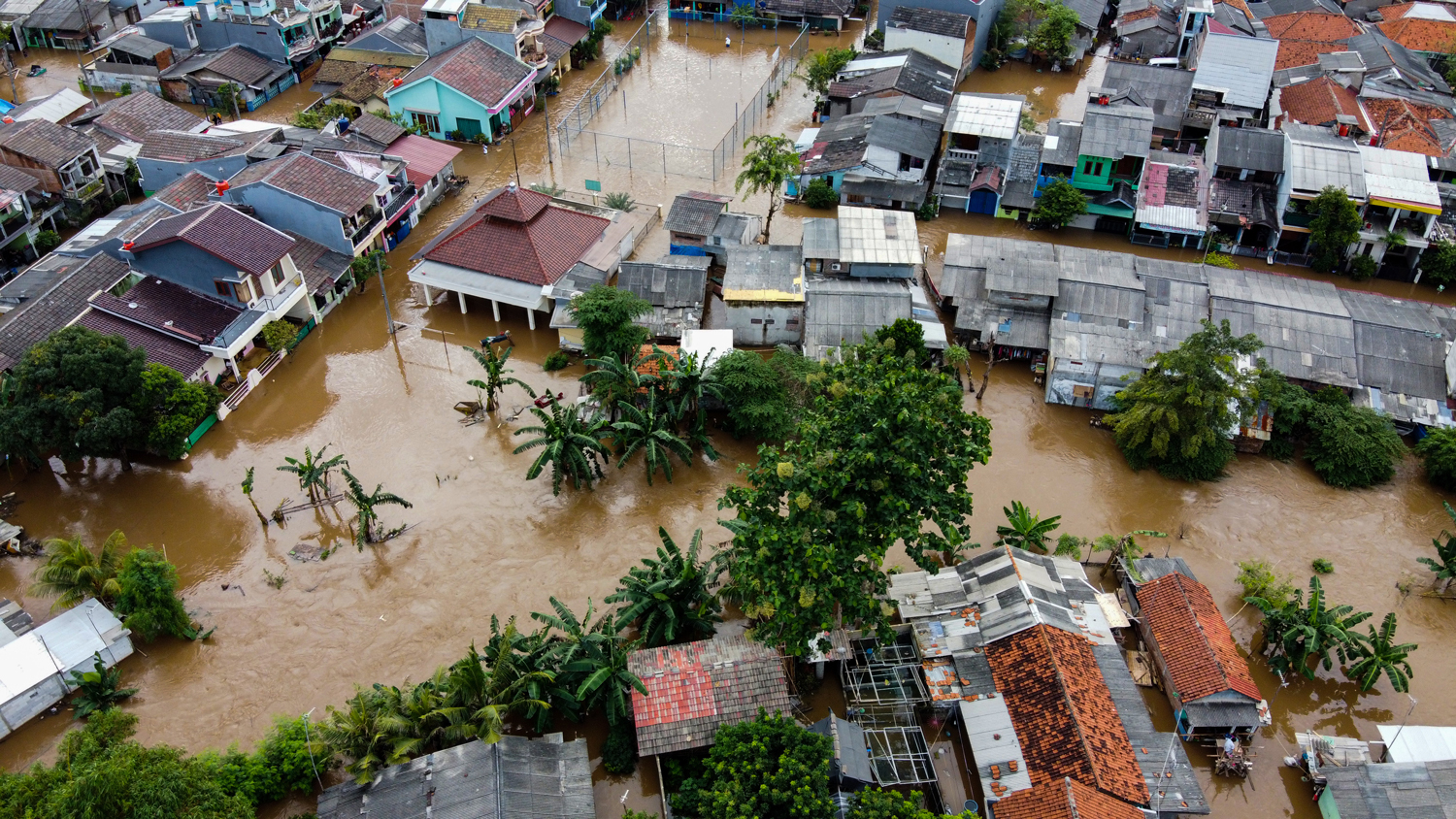
Natural Disasters, Climate Change & People Smuggling
Natural disasters often cause widespread devastation, with millions losing their homes, livelihoods, and in some cases their lives to hurricanes, floods, landslides, earthquakes and other disasters. One of the less frequently discussed consequences of natural disasters is their impact on mass international migration, displacement, and people smuggling. While displacement is often within national borders, a significant number of individuals are often forced to leave their homes and migrate internationally, with the Internal Displacement Monitoring Centre putting this number at around 30 million people every year - a number likely to increase due to the impacts of climate change. Natural disasters, worsened by climate change, put a strain on infrastructure and resources in these often already vulnerable countries and their neighbour states, with huge numbers of people, homes, and livelihoods negatively impacted. The exodus of people wanting to leave affected areas provides a desperate and chaotic environment in which international people smuggling can flourish.
People smugglers exploit natural disasters
Natural disasters can prompt international migration in a variety of ways. In some cases, people may choose to migrate voluntarily in search of better opportunities or to reunite with family members who live in other countries. These people have likely been interested in migrating for some time, and use the disorder of a natural disaster as their final push factor in deciding to finally relocate. People smugglers use the disorder to increase their profits, often advertising routes affected by natural disasters as easier to use due to distracted or reduced border security. For example, following the 2023 Syria-Turkiye earthquakes, smugglers in neighbouring Iran and Iraq increased their activity and prices, telling migrants that they could use smuggler routes pretending to be rescuers to enter Turkiye, or refugees displaced during the earthquakes to enter other countries from Turkiye.
In other cases, both the immediate and longer-term effects of a natural disaster may force individuals to migrate, with no home, livelihood, or land to return to. For example, when Cyclone Idai hit Mozambique in 2019, it destroyed over 100,000 homes and displaced over 1.8 million people, who were forced to migrate to neighbouring countries such as Zimbabwe and South Africa. Overcrowded and underfunded temporary shelters lead many to resort to people smuggling to escape, with smugglers charging exorbitant fees for dangerous and unguaranteed journeys.
Natural disasters may also worsen existing social and economic inequalities, making it more difficult for certain groups to recover from the disaster. Assessments by the World Bank of the damage that the 2023 Syria-Turkiye earthquakes caused in Syria found the total estimated impact to cost US $5.2 billion, with the earthquake-affected areas already home to almost 3 million internally displaced people (IDPs) who were already facing severe welfare challenges. Another vulnerable country prone to climate-change related natural disasters is Pakistan. In 2022 severe monsoon weather caused widespread flooding and landslides across Pakistan, with an estimated 33 million people displaced, 1.7 million houses affected, and 3.5 million acres of crops devastated. An estimated 9 million more people were forced into poverty as a direct consequence of these floods. These dire socio-economic conditions have led to a sharp increase in the demand for smuggler services, with many Pakistanis desperate to migrate to any developed country.
Small, coastal communities such as Odisha in India and Negombo in Sri Lanka are particularly impacted by increasing extreme climate events such as cyclones and floods, as well as climate-induced rising sea levels. These vulnerable and isolated communities are especially vulnerable to false and misleading promises by people smugglers as their livelihoods through agriculture and fishing become increasingly threatened.
Upward projections
According to the World Meteorological Organisation, a disaster related to extreme weather, climate or water events has occurred on average every day over the past 50 years, killing 115 people and causing US $202 million in losses daily. More than 91% of these deaths occurred in developing countries, with the majority of people smugglers also operating in these places.
As climate change intensifies, natural disasters are becoming more frequent and severe, prompting international migration on an unprecedented scale, and the risks associated with people smuggling are a constant threat. At STATT Consulting we are committed to working towards a safer and more secure world for all, developing and nurturing positive connections between communities and remaining subject experts on migration and all its causes and consequences.
